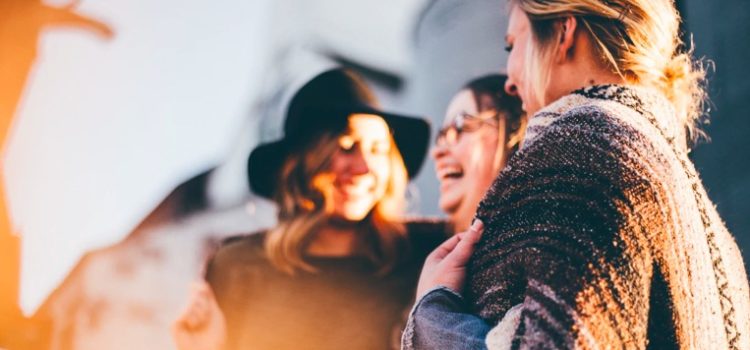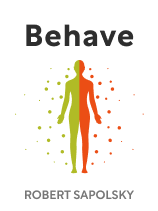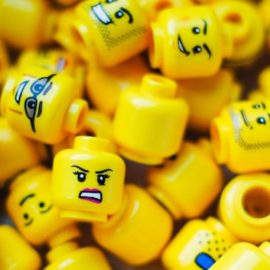

This article is an excerpt from the Shortform book guide to "Behave" by Robert Sapolsky. Shortform has the world's best summaries and analyses of books you should be reading.
Like this article? Sign up for a free trial here .
How does the social environment affect human behavior? Do you behave differently around the higher-ups?
Social environment has a tremendous influence on human behavior. People tend to act differently than their normal self around higher-ups and people from out-groups. Also, men tend to take greater risks in the company of women.
Keep reading to learn about the psychology of social interaction.
Human Behavior in the Social Environment
The psychology of social interaction is premised on the idea of “persona.” People play out different personas or social masks in different social environments. For a clear and easy example, imagine how you act around your best friend compared to how you act around your boss—in most cases, your behavior will be wildly different.
We’ve already discussed the human tendency to divide people into in-groups and out-groups, but we also subdivide our in-groups into ranks—in Sapolsky’s words, we have hierarchies. We tend to feel closer to those who are close in rank to us in those hierarchies. For example, an office worker would likely feel more kinship with his coworkers than with either the company CEO or the janitor.
A hierarchy is different from typical “us versus them” dynamics because all members are still part of the same group, and (at least in theory) all work together for the common good.
Furthermore, Sapolsky points out that the effects of our social environments go beyond influences from people we personally know. For instance, men tend to become more aggressive and take greater risks when women are present. Also, in situations where helping someone would be inconvenient (but not dangerous), the more people there are present, the less likely anyone is to step forward to help—the so-called “Bystander Effect.”
In situations where helping would be dangerous, however, people are actually more likely to step in if there are witnesses nearby. That might be because of the chance to be recognized as a hero, or perhaps simply because it seems more likely that we’ll have backup if things get out of hand.
| Friendship Is a Special Type of Social Environment The people around us at any given time may affect our behavior in that moment, but the people we spend a great deal of time around can have much more profound and longer-lasting impacts. Behaviors and habits tend to spread throughout friend groups, including eating habits, how often we exercise, whether we smoke, and how much alcohol we drink. Furthermore, studies have shown that spending time with friends leads to increased happiness and overall higher quality of life. Interestingly, the effects are based less on how many friends we have and more on how close those friendships are. In other words, it’s better to have a few good friends than dozens of acquaintances. |

———End of Preview———
Like what you just read? Read the rest of the world's best book summary and analysis of Robert Sapolsky's "Behave" at Shortform .
Here's what you'll find in our full Behave summary :
- An exploration of the myriad influences on human behavior
- A scientific look at why some people do such terrible things
- If there's really such a thing as free will






